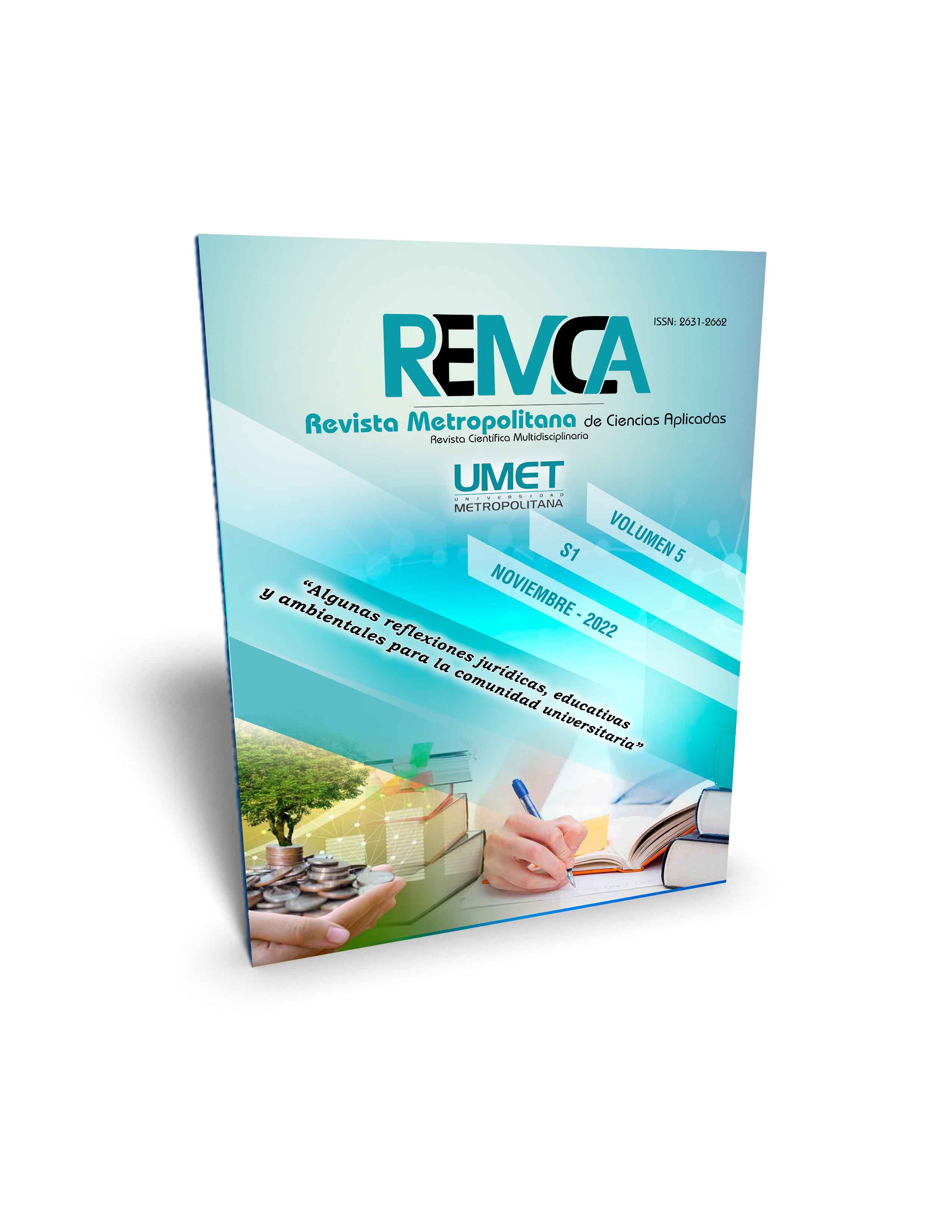Work accidents during telework, in Ecuador
DOI:
https://doi.org/10.62452/fs0xpf61Keywords:
Work accidents, telecommuting, employees, employers, Labor CodeAbstract
Occupational risk management is part of every company, so the present study has as a general objective: Analyze the impact of occupational risks during the period of confinement by Covid - 19 through teleworking that has been carried out through social media. digital. To do this, a qualitative approach has been applied using methods such as analytical-synthetic and inductive. In another perspective, the lack of resources that do not allow to control labor or work conditions is mentioned. Thus, at present, there are already statistical data related to occupational safety events, therefore, a better knowledge of incidents in labor matters is already generated. In this context, through basic research it was possible to identify that during the pandemic there were no serious cases of occupational accidents, but there was an increase in occupational diseases due to excessive workload, in addition to psychosocial risks, with symptoms such as stress, anxiety, among others, that could generate the so-called non-communicable diseases, through teleworking.
Downloads
References
Cevallos, S. (2020). Todo lo que debe saber sobre el teletrabajo. https://www.pbplaw.com/es/todo-sobre-teletrabajo/
Chacón, F., Fernández, J., & García, M. P. (2020). La Psicología ante la Pandemia de la COVID-19 en España. La Respuesta de la Organización Colegia. Investigacion empírica en Psicología, 31(2), 119 - 123.
De Diego, J. (2010). Manual de derecho del trabajo y la seguridad social. Abeledo.
Domínguez, R. (2015). Sistema laboral de riesgos laborales. Universidad del Norte.
Ecuador. Asamblea Nacional. (2012). Código del Trabajo. Registro Oficial Suplemento 167. https://trabajo.gob.ec/wp-content/uploads/downloads/2012/11/C%C3%B3digo-de-Tabajo-PDF.pdf
Fernández, R. (2014). La importancia de la salud ocupacional. Revista Ciencias De La Salud, 2(1).
Gómez, A. (2021). Seguridad y salud en el trabajo en Ecuador. Archivos de Prevención de Riesgos Laborales, 24(3).
González, E. I., & Pérez Saucedo, E. (2011). Estudio positivista sobre factores de
Instituto Ecuatoriano de Seguridad Social. (2020). Riesgos del Trabajo. https://www.iess.gob.ec/es/web/guest/publicaciones
Orejuela, L. (2018). Manual educativo sobre prevención de riesgos laborales en el teletrabajo. (Tesis de Especialización). Universidad Distrital Francisco José de Caldas.
Organización Internacional del Trabajo. (2019). Seguridad y salud en el trabajo. https://www.ilo.org/wcmsp5/groups/public/---dgreports/---dcomm/documents/publication/wcms_686762.pdf
Organización Mundial del Trabajo. (2022). Las inspecciones de trabajo se reforzarán tras la decisión del Consejo de Administración de la OIT. https://www.ilo.org/global/about-the-ilo/newsroom/news/WCMS_839885/lang--es/index.htm
River, A., & Loor, Y. (2021). Accidentes del trabajo. https://derechoecuador.com/accidentes-laborales-en-ecuador/
Downloads
Published
Issue
Section
License
Copyright (c) 2022 Juan Sebastián Cuvi Navas, Yudith López Soria (Autor/a)

This work is licensed under a Creative Commons Attribution-NonCommercial-ShareAlike 4.0 International License.
Authors who publish in Revista Metropolitana de Ciencias Aplicadas (REMCA), agree to the following terms:
1. Copyright
Authors retain unrestricted copyright to their work. Authors grant the journal the right of first publication. To this end, they assign the journal non-exclusive exploitation rights (reproduction, distribution, public communication, and transformation). Authors may enter into additional agreements for the non-exclusive distribution of the version of the work published in the journal, provided that acknowledgment of its initial publication in this journal is given.
© The authors.
2. License
The articles are published in the journal under the Creative Commons Attribution-NonCommercial-ShareAlike 4.0 International License (CC BY-NC-SA 4.0). The terms can be found at: https://creativecommons.org/licenses/by-nc-sa/4.0/deed.en
This license allows:
- Sharing: Copying and redistributing the material in any medium or format.
- Adapting: Remixing, transforming, and building upon the material.
Under the following terms:
- Attribution: You must give appropriate credit, provide a link to the license, and indicate if any changes were made. You may do this in any reasonable manner, but not in any way that suggests the licensor endorses or sponsors your use.
- NonCommercial: You may not use the material for commercial purposes.
- ShareAlike: If you remix, transform, or build upon the material, you must distribute your creation under the same license as the original work.
There are no additional restrictions. You may not apply legal terms or technological measures that legally restrict others from doing anything the license permits.




